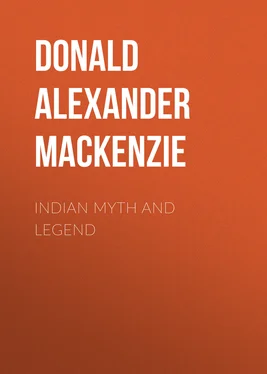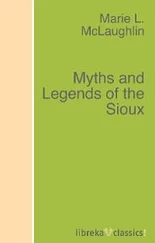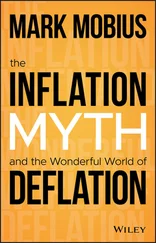The Rigveda , by Professor E. Vernon Arnold, p. 16 ( Popular Studies in Mythology, Romance, and Folklore ).
The Religion of Babylonia and Assyria , by Dr. T. G. Pinches, p. 68.
Frazer's “Golden Bough” ( Adonis, Attis, Osiris , p. 255, n., third edition).
Professor H. W. Hogg, in Professor Moulton's Early Religious Poetry of Persia , p. 37.
“The Golden Bough” ( Spirits of the Corn and Wild , vol. ii, p. 10).
Rigveda , ii, 38.
Indian Wisdom , p. 20.
Indian Wisdom , Sir Monier Williams.
Indian Wisdom , Sir Monier Williams.
Muir's Original Sanskrit Texts , v, 130.
See Teutonic Myth and Legend .
Kaegi's Rigveda , Arrowsmith's translation. This was apparently a rain charm; its humour was of the unconscious order, of course.
Iliad , xxiii, 75.
Muir, Original Sanskrit Texts , v. 302.
Rigveda , x. 51 (Arnold's translation).
A History of Sanskrit Literature , p. 117.
As was also Manu of a different or later cult.
From Indian Wisdom .
A History of Sanskrit Literature , p. 117.
Early Religious Poetry of Persia , Professor J. H. Moulton, p. 42.
A History of Sanskrit Literature , Professor Macdonell, p. 68.
Rigveda , x, 10.
From Indian Wisdom .
Satapatha Brahmana , translated by Professor Eggeling, Part IV, 1897, p. 371 ( Sacred Books of the East ).
From Adi Parva section of Mahabharata .
Saraswati's rival. Brahma took Gayatri, the milkmaid, as a second wife, because his chief wife, Saraswati, despite her wisdom, arrived late for a certain important ceremony, at which the spouse of the god was required.
Unfaithful wives were transformed into jackals after death.
Lokapala-Sabhakhyana section of Sabha Parva .
Sons of the goddess Aditi. They are attendants of Varuna, their chief, as the Maruts are attendants of Indra.
Adi Parva section of Mahabharata , Roy's trans., p. 635.
The Tribes and Castes of Bengal. H. H. Risley (1892), vol. i, lxv, et seq .
Muir's Original Sanskrit Texts , v, 15.
Professor E. Vernon Arnold's The Rigveda , p. 54.
In the combat between Thor and the giant Hrungner, the thunder-hammer similarly cleaves a mass of flint hurled by the enemy.— Teutonic Myth and Legend.
Mahabharata, Vana Parva section, pp. 679-80, Roy's trans.
“Overwhelmed by misfortune” (Roy).
Heaven, Earth, and the Underworld.
Mahabharata.
Asuras are sometimes called Rakshasas also.
Pron. pe-shatch'as.
Bloomfield's Atharvaveda iv, 36 ( Sacred Books of the East , vol. xlii).
Mahabharata , Roy's trans. ( Sabha Parva , p. 32).
Vana Parva section of Mahabharata .
Dasyu and Dasa are “applied in many passages of the Rigveda to superhuman enemies”. The colour reference in Dasa is probable, but it is also used in other senses. For a full discussion on conflicting views regarding Dasyu and Dasa see Vedic Index of Names and Subjects . Macdonell and Keith, vol. i, pp. 347-9 and 356-8.
Mahabharata , Roy's translation ( Adi Parva , section, pp. 495-6).
Like an Egyptian Pharaoh, the rajah is here a god among men. His presence was necessary to ensure the success of rain-bringing ceremonies.












